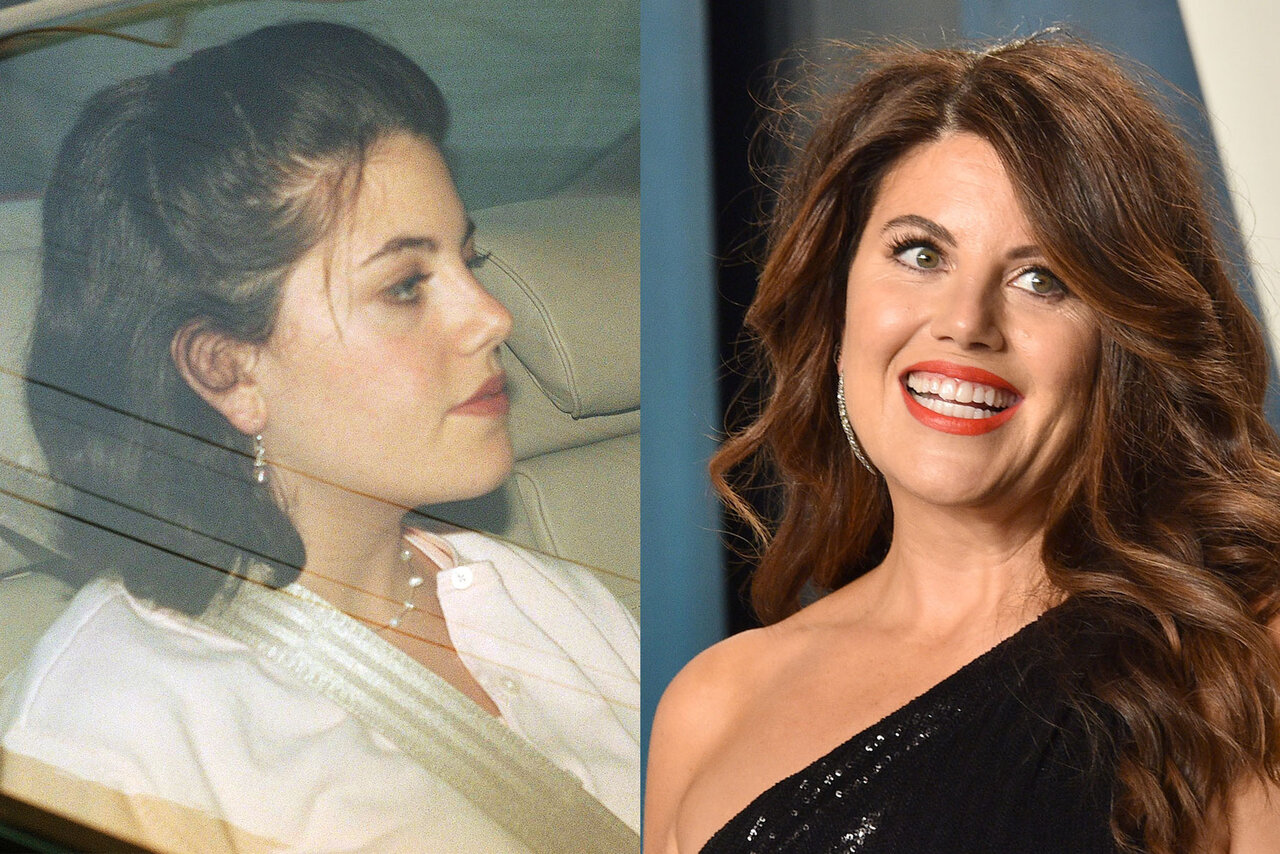In an era increasingly defined by personal truth and the re-examination of historical narratives, few stories resonate with the enduring power and cultural weight of Monica Lewinsky's. For decades, her identity was largely shaped by a scandal that captivated the world, castigating her through a relentless media lens. However, through a deliberate and courageous process, Lewinsky has systematically worked to present her own "unfiltered account," offering a crucial, first-person perspective that challenges previously accepted versions of events and probes deeper into the societal forces that shaped them. This article delves into the significance of her reclaimed voice, exploring how it has shifted public understanding and contributed to vital conversations about power, consent, and public shaming.
Editor's Note: Published on 15 May 2024. This article explores the facts and social context surrounding "what really happened monica lewinskys unfiltered account".
The Genesis of a Narrative Shift
For nearly two decades following the 1998 impeachment scandal involving President Bill Clinton, Monica Lewinsky remained largely silent in the public sphere, her story predominantly told through the filters of sensationalist media, political adversaries, and cultural commentators. Her persona was often reduced to a caricature, a figure of scorn and ridicule, synonymous with a national embarrassment. The initial public discourse largely overlooked the significant power imbalance inherent in her relationship with the sitting President, framing her instead as a temptress or an opportunistic figure. This pervasive narrative, amplified by early internet culture, cemented a public image that was difficult to dislodge.
"She was patient, she was quiet, she waited for the noise to subside, and then she delivered her argument with such clarity, intelligence, and empathy." Tina Brown, on Lewinsky's re-emergence.
The turn began subtly, with Lewinskys decision to engage in a more active role in shaping her own legacy. It started with a 2014 essay for Vanity Fair, titled "Shame and Survival," marking her first significant public statement in over a decade. This piece served as a powerful declaration, articulating her suffering, her regret, and her determination to reclaim her identity. It was a conscious effort to move beyond the one-dimensional portrayal and assert agency over her own story, demanding that the public re-evaluate the historical record through her eyes. This essay was not merely a personal reflection but a strategic move to lay the groundwork for a more comprehensive and nuanced understanding of her experience, initiating what would become her "unfiltered account."
The Articulation of Experience
Lewinsky's subsequent public engagements further solidified her "unfiltered account," moving from a purely personal grievance to a broader commentary on societal issues. Her 2015 TED Talk, "The Price of Shame," became a watershed moment. Delivered with poise and raw vulnerability, it detailed the profound psychological impact of public humiliation, positioning her as a survivor rather than just a participant in a scandal. She spoke eloquently about being "patient zero" of internet shaming, highlighting the destructive power of online vitriol and the lasting damage it inflicts. This talk was not merely a recounting of events; it was an analytical dissection of the mechanisms of public shaming and a call for greater compassion and empathy in the digital age.

